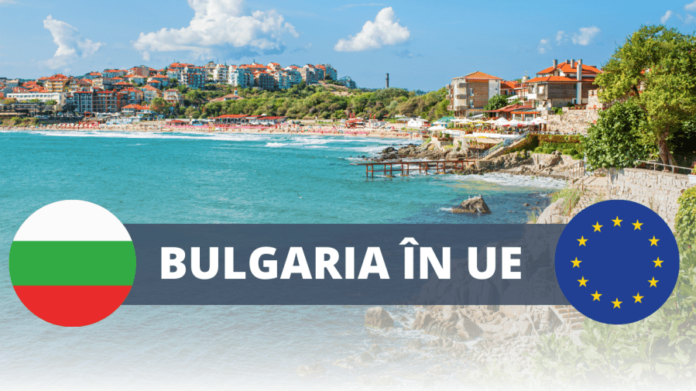With a population of over 6 million, Bulgaria ranks as the second richest country in Europe in terms of natural mineral springs. On the road to the European Union, Bulgaria had to achieve three major milestones: concluding pre-accession negotiations in 2004, signing accession protocols in 2005, and finally, accession in 2007.
The country has an industrialized market economy in the middle to high-income bracket, with the private sector producing more than 80% of GDP. In 2007, the year of accession, the country’s GDP was around €28.9 billion, rising to almost €87 billion in 2022.
The average gross wage has risen from €220 in 2007 to €870 by 2022. Foreign direct investment (FDI) in the country has also grown quite well, from just over €6 billion in 2007 to around €25 billion in 2022.
Bulgaria has not held a referendum on EU membership, but the authorities plan to hold one when the country joins the eurozone on January 1, 2025. Political forces in Sofia see eurozone membership as a major economic and geopolitical goal that will make Bulgaria’s accession to the EU irreversible.
FOR THE MOST IMPORTANT NEWS, FOLLOW US ON TWITTER!
This article is part of the “Moldova Chooses Europe” campaign launched by the REALITATEA Press Group, in which we tell the story of the path EU Member States have traveled in European integration and the economic growth recorded due to accession.


